Brand archetypes provide a simple tool that can help start the the intricate process of branding. Understanding “who” your brand is and how it resonates with your audience is a pivotal aspect. The archetypes serve as a potent tool in beginning to pinpoint a recognizable “character” that not only customers can attach to but also helps align your business strategy. Here, we delve into the essence of archetypes, their historical roots, and the practical application of this useful concept in contemporary branding strategies.
Defining Archetypes: A Journey from Plato to Jung
Plato’s Notion of Archetypes
- Etymology of Archetype: The term “archetype” finds its roots in ancient Greek, meaning a pattern, type, or model.
- Ideas Imprinted on the Soul: Plato delves into archetypes as ideas imprinted on the soul before birth, often translated as “essence.”
Carl Jung’s Contributions to Archetype Thinking
- Basic Archetypes: Carl Jung’s foundational archetypes include the Self, Shadow, Persona, and Animus, reflecting our outward projection, hidden self, primal self, and gendered images.
- Human Experience Archetypes: Jung expanded to archetypes like the wise old man, the child, the mother, and the maiden, universal images representing shared human experiences.
Connecting with Shared Human Experiences
Jungian Archetypes in Branding
- Importance of Human Connection in Branding: Brands seek to connect with audiences on a human level, often achieved through shared stories and experiences.
- Jung’s 12 Character Archetypes: From Jung’s work, 12 character archetypes emerged, providing a framework adopted by literature, marketing, and branding.
Commonly Referenced Brand Archetypes
- The Innocent: Represents purity, simplicity, and optimism. Example: Coca-Cola.
- The Everyman: Portrays relatability and inclusivity. Example: IKEA.
- The Hero: Embodies courage, resilience, and triumph. Example: Nike.
- The Rebel: Conveys rebellion and non-conformity. Example: Harley Davidson.
- The Explorer: Reflects curiosity, independence, and adventure. Example: The North Face.
- The Creator: Symbolizes innovation, imagination, and individuality. Example: Apple.
- The Ruler: Represents authority, leadership, and control. Example: Rolex.
- The Magician: Evokes transformation, vision, and charisma. Example: Disney.
- The Lover: Conveys passion, connection, and desire. Example: Chanel.
- The Caregiver: Embodies compassion, nurturing, and support. Example: Johnson & Johnson.
- The Jester: Represents joy, spontaneity, and humor. Example: M&M’s.
- The Sage: Reflects wisdom, knowledge, and guidance. Example: Google.
Utilizing Archetypes: A Strategic Approach
Connecting with Customers
- Understanding Customer Motivations: Archetypes should align with what motivates and drives your customers.
- Developing a Compelling Brand Story: Archetypes serve as a shorthand way to shape your brand’s narrative, connecting emotionally with your audience. They are only a start point though. Relying solely on an archetype will result in a weaker brand!
Employee Involvement and Internal Branding
- Aligning Employees with Brand Values: Internal branding ensures that employees embody the brand’s values, fostering a unified front.
- Creating Brand Ambassadors Within the Organization: Empowering employees to become advocates by aligning them with the brand’s essence.
Pushing the Boundaries
Evolution of Archetypes
- Over a Century of Exploration: Archetypes have evolved since their introduction in 1919, finding application in psychology, literature, marketing, and branding.
- Exploring Alternative Archetypes: Joseph Campbell’s hero’s journey introduces 8 archetypes like Mentor, Ally, Trickster, and Guardian, providing alternative perspectives.
The Role of Archetypes in Personalizing Customer Journeys
- Every Customer as a Hero: Applying Joseph Campbell’s archetypes, each customer becomes the hero – so who might you be on their journey?
- Personalizing Interactions Based on Archetypes: Tailoring brand interactions to align with the specific archetypal journey of each customer.
Conclusion: The Transformative Impact of Brand Archetypes
In conclusion, brand archetypes offer a simple entry point in finding the essence of a brand’s character. By understanding and implementing the ideas archetypes offer, businesses can elevate themselves from lifeless entities to living characters that customers and employees can authentically connect with. The power lies not just in selecting a one dimensional archetype but in the meticulous crafting of a brand story that resonates with shared human experiences.
As businesses navigate the ever-evolving landscape, those embracing the multifaceted concept of brand personality will find themselves not only retaining customers and employees but also creating a lasting legacy as authentic storytellers in their respective industries. The journey of archetypes is not a restriction to a set of 12 one dimensional characters; it is a dynamic tool that adapts and evolves, offering businesses a simple way to enter into the possibilities for connection, engagement, and sustained success.
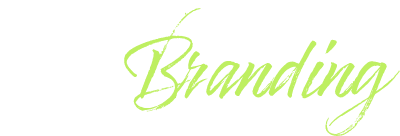
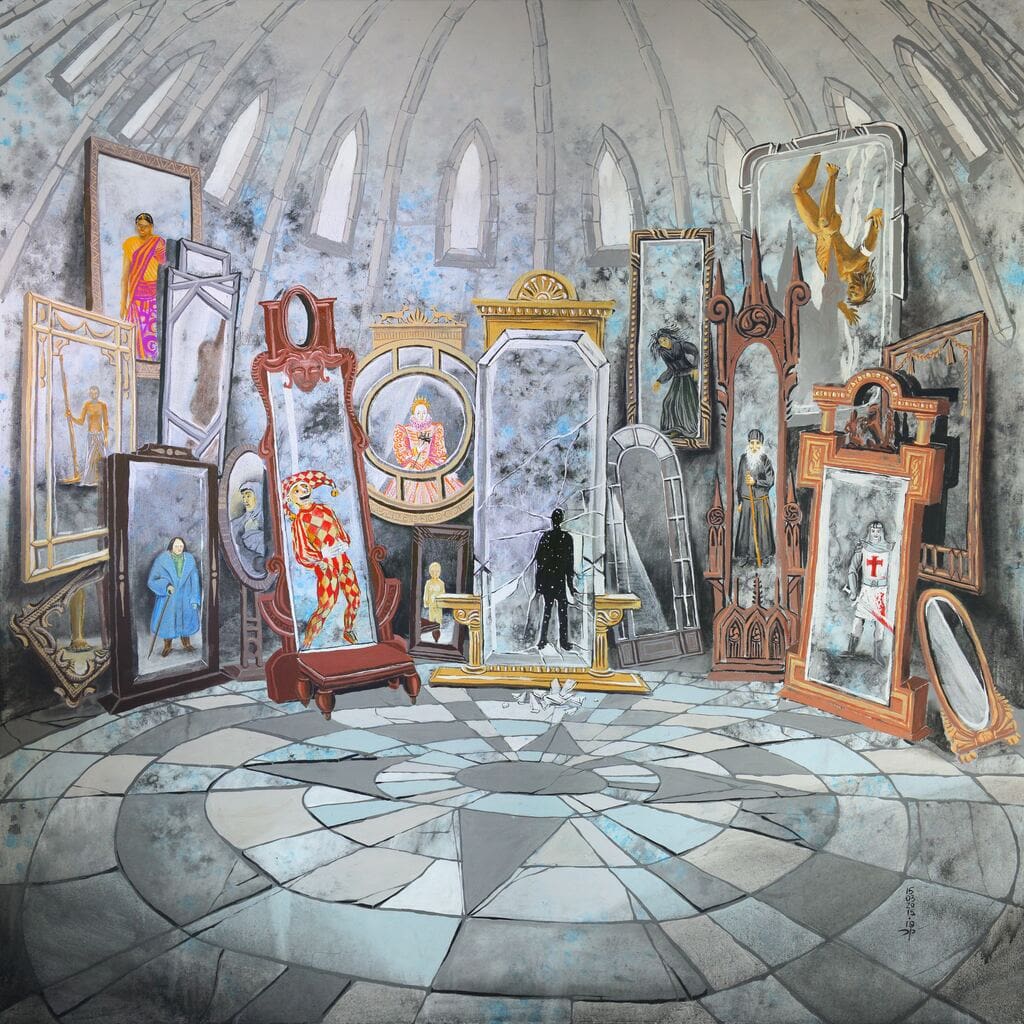
12 thoughts on “Unveiling the Power of Brand Archetypes: Crafting Connections”
Comments are closed.